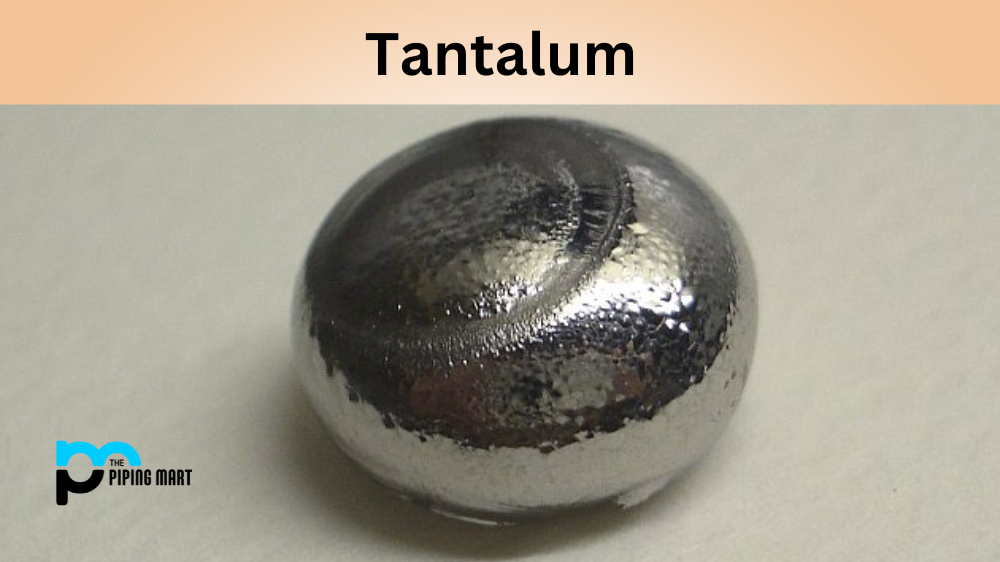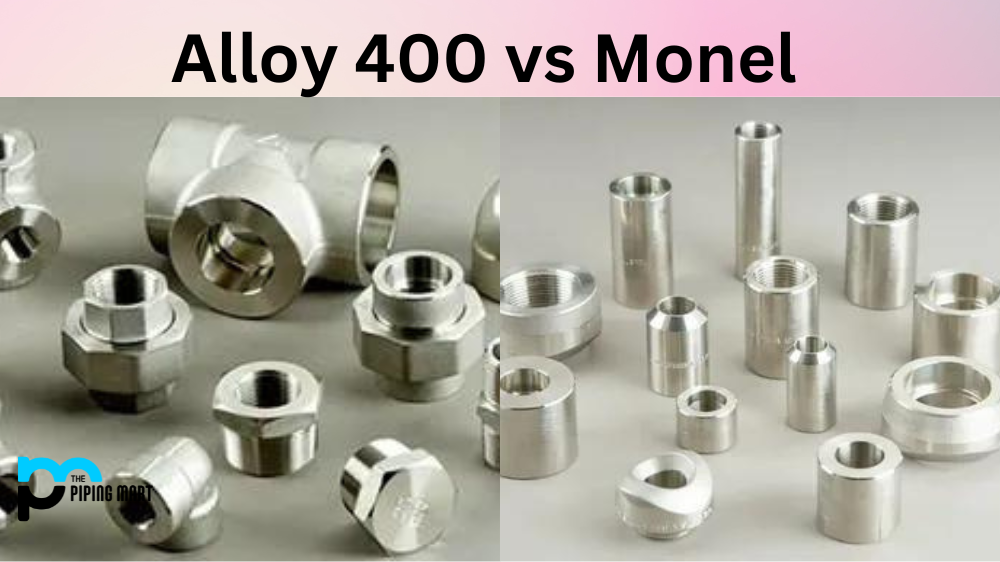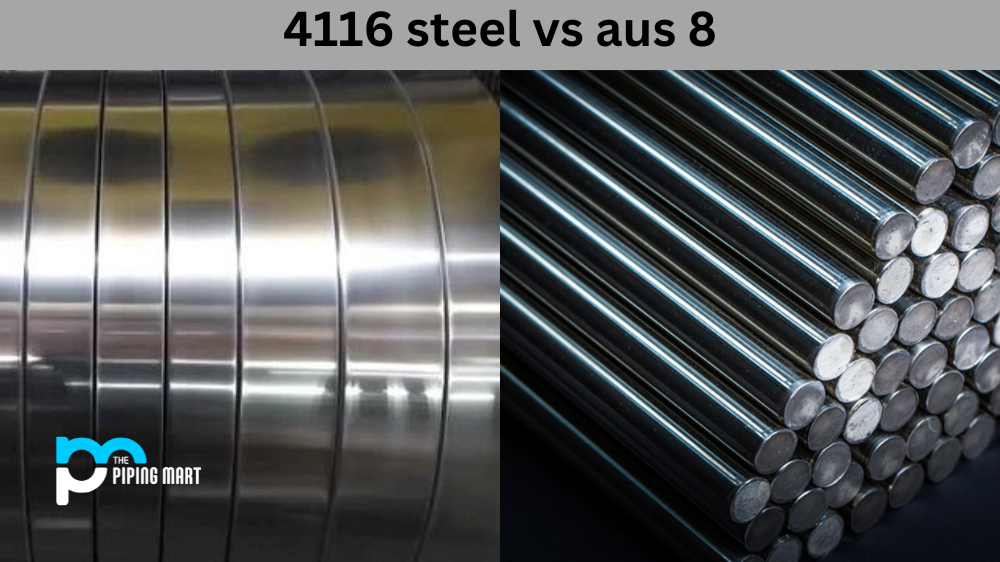Tantalum is a rare and valuable metal that is used in many industrial applications. It has become an increasingly important material due to its unique properties, which make it ideal for use in the aerospace, electronics, medical, and chemical industries. In this blog post, we’ll look at why tantalum is so important and how it’s used.
Why is Tantalum Important
Tantalum has a number of characteristics that make it particularly useful in various industries. For starters, it’s incredibly strong and resistant to corrosion. This means that when tantalum is alloyed with other metals like steel or aluminum, it adds strength to the overall material without adding too much weight.
Tantalum also has excellent electrical conductivity, which makes it perfect for use in electronics and aerospace components. Its high melting point (3017°C) also makes it ideal for applications such as boilers, reactors, heat exchangers, and chemical equipment where heat resistance is key.
Finally, tantalum has a low friction coefficient—meaning it does not wear down quickly—which makes it great for use in bearings and other moving parts.
It’s clear why tantalum is so popular; its wide range of uses and excellent properties make it a valuable resource for countless industries across the globe. Let’s look at some of the specific ways tantalum is used today.
Tantalum Uses
One common application of tantalum is in capacitors—small electronic components used to store energy on circuit boards within computers and other devices like cell phones or tablets. Because they are small yet highly durable, capacitors made with tantalum can handle varying levels of power while still maintaining their shape over time; this makes them an ideal solution for consumer electronics like laptops or smartphones where space is tight, but power needs are high.
In addition to its use in capacitors, tantalum can also be found in medical implants like hip replacements or joint replacements, thanks to its ability to resist corrosion from body fluids such as blood or urine. Furthermore, because of its low friction coefficient mentioned earlier, tantalum can also help reduce wear on these implants over time, leading to fewer replacements down the line. Finally, because of its excellent conductive properties mentioned earlier, as well as its superior strength-to-weight ratio compared to other materials like aluminum or steel alloys, tantalum can be found in aircraft engines and other aerospace parts where performance matters most.
Capacitors
Tantalum is used in the production of capacitors, which are devices that store electrical energy. Capacitors are found in a variety of electronic devices, including computers, cell phones, and televisions. Tantalum capacitors are particularly well-suited for use in portable electronic devices as they are small and have a high power density.
Surgical Implants
Tantalum is also used in the production of surgical implants, such as hip replacements and pacemakers. The metal is non-reactive, meaning it will not cause an immune response when implanted in the body. Additionally, tantalum is strong and has a low density, making it ideal for use in medical applications.
Cutting Tools
Tantalum is often used as a cutting tool due to its hardness and wear resistance. The metal can be used to machine a variety of materials, including metals, plastics, and composites. Additionally, tantalum cutting tools retain their sharpness for a longer period of time than other types of cutting tools.
Chemical Processing Equipment
Tantalum is also used in the production of chemical processing equipment, such as reactors and heat exchangers. The metal is resistant to both corrosion and heat, making it ideal for use in these applications. Additionally, tantalum can be easily welded and fabricated, making it suitable for use in the construction of chemical processing equipment.
Glass Production
Tantalum is also used in the production of glass. The metal is added to glass during the manufacturing process to improve its strength and durability. Additionally, tantalum can be used to produce specialty glasses that are resistant to high temperatures or chemicals
Conclusion:
As you can see from this article, the importance often tantalum becomes clear when you consider all the ways that it can be used in industries ranging from aerospace tonmedical technology. Its array of properties makes it ideal for use in many applications and makes it a precious asset in the global marketplace. If you’re looking for a metal that is strong, durable, and resistant to corrosion, look no further than tantalum! Intoday’smodernworld, there is no way around this essential metal and its wide variety of uses!

Pipingmart is a B2B portal that specializes in metal, industrial and piping items. Additionally, we share the latest information and information about materials, products and various types of grades to assist businesses that are involved in this business.




